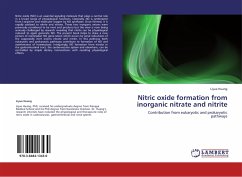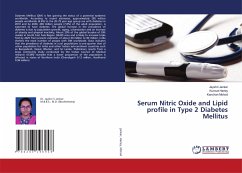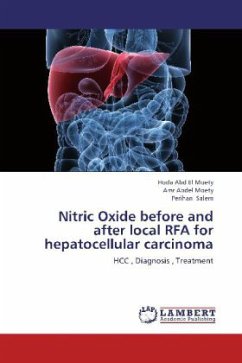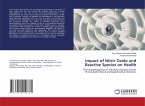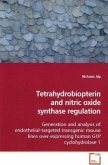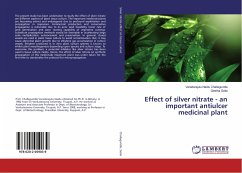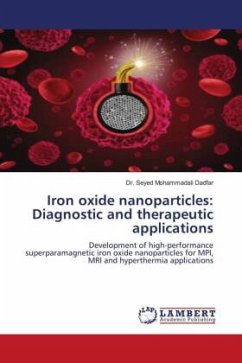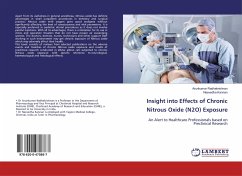Nitric oxide (NO) is an essential signaling molecule that plays a central role in a broad range of physiological functions. Classically, NO is synthesized from L-arginine and molecular oxygen by NO synthases. Once formed, it is rapidly oxidized to nitrite and nitrate. These two inorganic anions were previously considered to be inert end products but this view is now being seriously challenged by research revealing that nitrite can be physiological reduced to again generate NO. The present book helps to draw a new picture of mammalian NO gene-ration which occurs by serial reductions of the supposedly inert anions nitrate and nitrite. In this pathway both eukaryotic and prokaryotic pathways contribute to formation of NO and maintenance of homeostasis. Intriguingly, NO formation from nitrate in the gastrointestinal tract, the cardiovascular system and elsewhere, can be controlled by simple dietary interventions with resulting physiological effects.
Bitte wählen Sie Ihr Anliegen aus.
Rechnungen
Retourenschein anfordern
Bestellstatus
Storno

